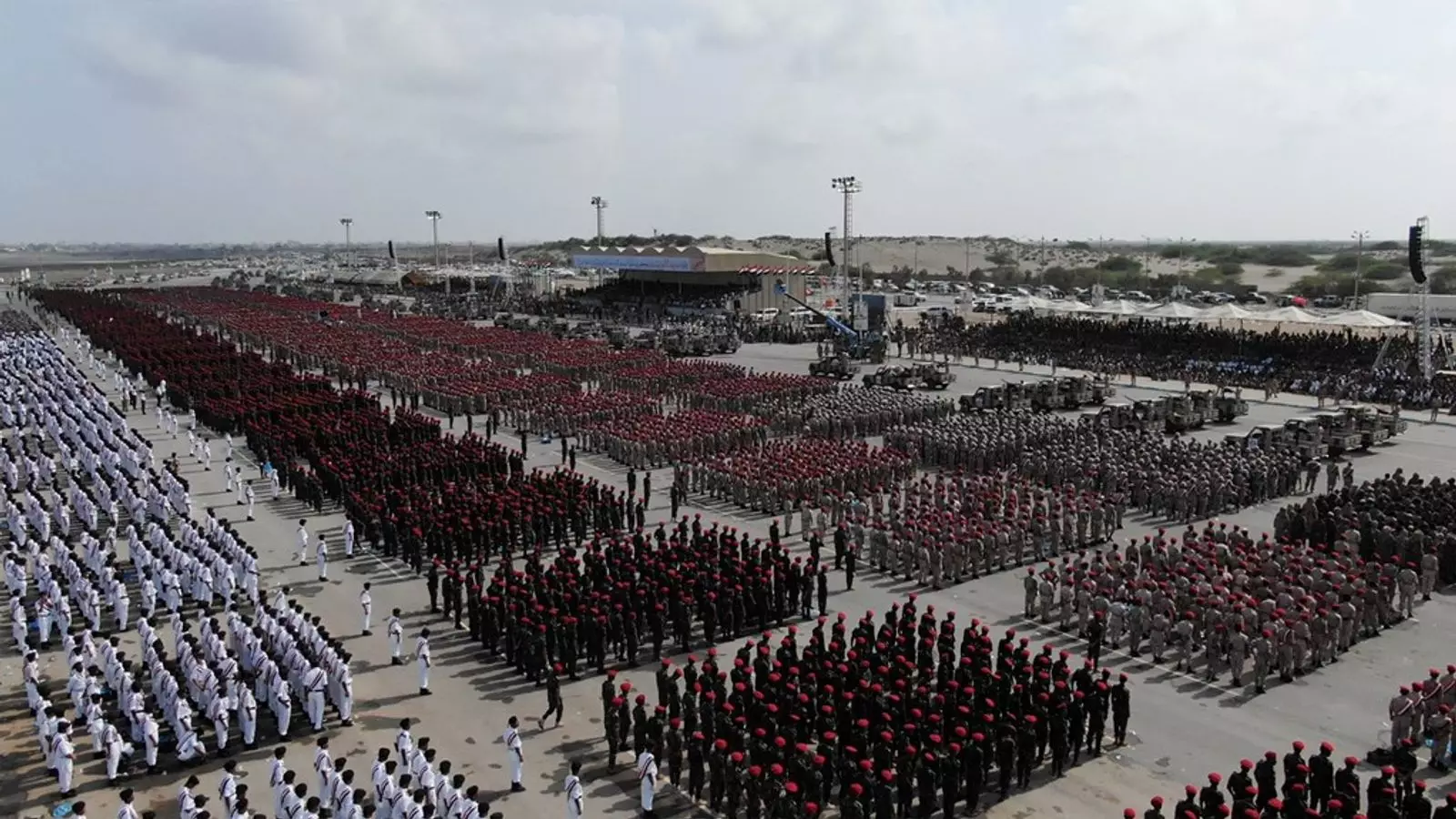Rishi Sunak, the UK Chancellor of the Exchequer, is convening a full cabinet meeting to discuss potential military strikes against Yemen’s Houthi rebels. The meeting, which began at 7.45pm, is believed to focus on recent attacks in the Red Sea. Senior government officials, including Foreign Secretary David Cameron, were seen entering Downing Street for the meeting. The implications of these strikes and the ongoing conflict in the region have raised concerns about a possible escalation. This article provides an analysis of the situation and the potential consequences of military action.
The emergency cabinet meeting comes in the wake of a rise in Houthi attacks on commercial vessels in the Red Sea, including the highly strategic Suez Canal. These attacks have disrupted global shipping and raised worries about the safety of navigation in the region. Prime Minister Boris Johnson has emphasized the UK’s commitment to defending freedom of navigation and protecting lives at sea. To demonstrate this commitment, a British warship, in collaboration with US forces, recently successfully intercepted seven drones launched by Houthi fighters in the largest drone and missile attack to date.
Both the UK and the US, along with other partners, had issued a warning to the Houthi rebels, calling on them to cease targeting commercial shipping. However, these warnings were disregarded, leading to further attacks and heightening concerns about a potential conflict in an already volatile region. US Secretary of State Antony Blinken has warned of impending consequences for the continued Houthi attacks in the Red Sea, suggesting that the US and the UK are considering military options.
Speculation about a potential military response has grown, as a respected former ambassador to the Middle East, Sir William Patey, asserts that an emergency cabinet meeting of this nature would only occur if a military response was under consideration. He further suggests that intercepting drones in the long term may not be feasible, making it necessary to identify viable targets in Houthi-controlled areas of Yemen for potential strikes. The US has reportedly invited the UK to participate in military options that are being considered.
While the decision on whether to engage in military action against the Houthi rebels is yet to be made, different perspectives have emerged within the UK’s political landscape. Alicia Kearns, chair of the influential foreign select committee, has expressed support for air strikes as a means of safeguarding naval and merchant ships in the Red Sea. She emphasizes that any military action should be precise, limited in scope, and carried out in direct response to the increasing threat to freedom of navigation.
Controversy surrounds the issue of parliamentary approval for military action. John McDonnell, a veteran left-wing MP, argues that any decision to engage in military action in the Middle East should be subject to parliamentary approval. He points to past interventions in the region that have had unforeseen and dangerous consequences. However, the deployment of Armed Forces falls under the prerogative power of the government, which means that it is not required to seek parliamentary consent.
US Confirms Houthi Attacks
The cabinet meeting coincides with the confirmation by the US military of the 27th Houthi attack on international shipping since November 19th. The attacks have involved one-way attack drones, anti-ship cruise missiles, and anti-ship ballistic missiles. The US and UK forces successfully intercepted these attacks. The increasing number of attacks and the potential economic impact on global trade have placed pressure on the US and its allies to act as deterrence against the Houthi rebels.
Economic and Strategic Implications
The disruption of shipping through the Red Sea and the subsequent redirection of vessels pose threats to global economic stability. The increased cost of trade caused by re-routing and potential inflationary pressures are factors that contribute to the urgency for responding to the Houthi attacks. The rebels, motivated by their opposition to US and Israeli influence in the region, pose a significant challenge to the stability and security of the Middle East.
The UK and US cabinet meeting addressing potential military action against Yemen’s Houthi rebels reflects the growing concern regarding Houthi attacks on commercial vessels in the Red Sea. The implications of these attacks extend beyond regional stability and have the potential to disrupt global shipping and trade. The decision to engage in military strikes is complex, requiring careful consideration of viable targets and the potential consequences. As the situation unfolds, it remains to be seen how the UK and US governments, along with their allies, will respond to the escalating conflict in Yemen.

Leave a Reply